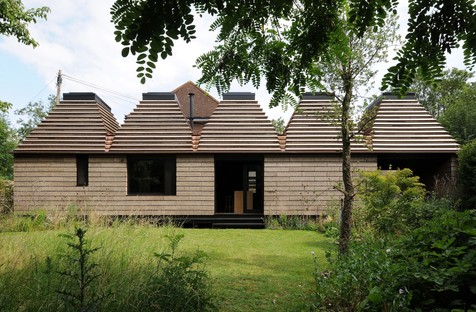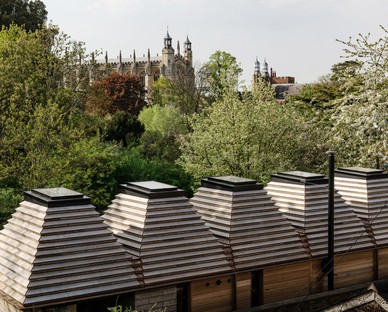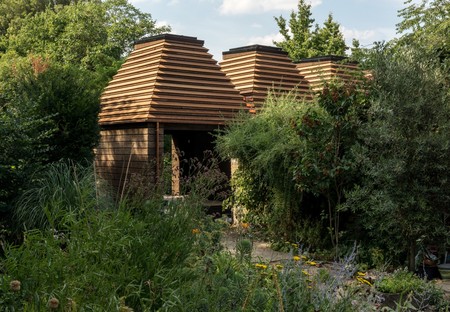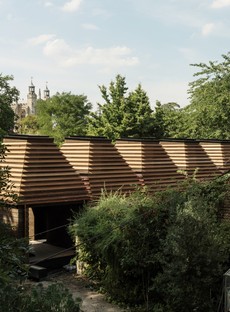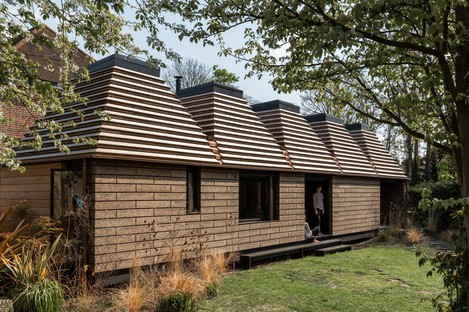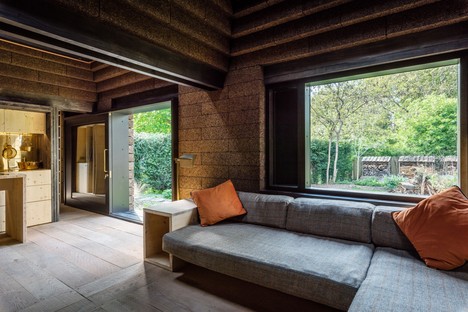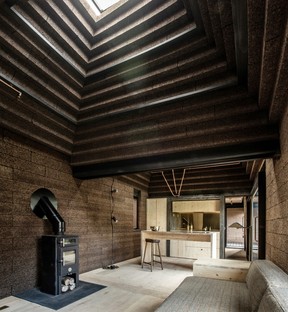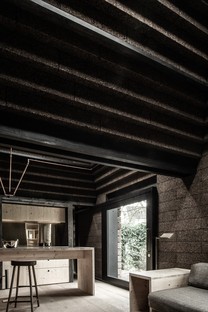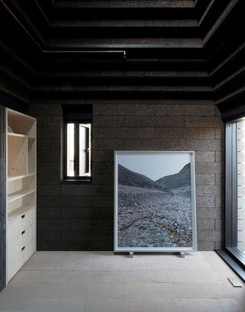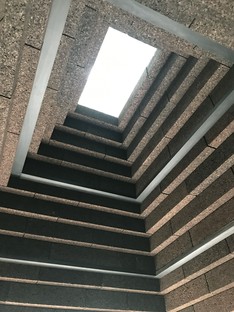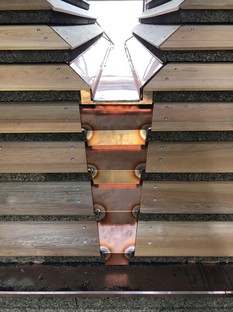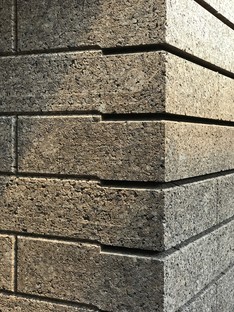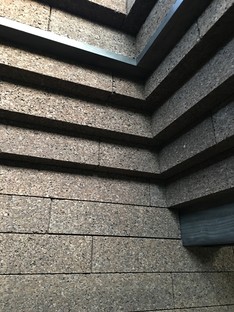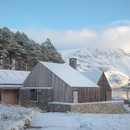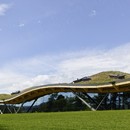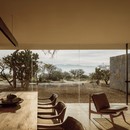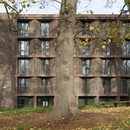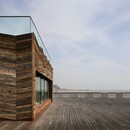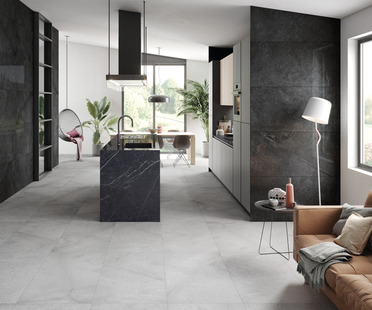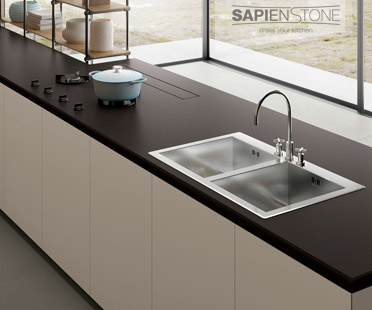03-09-2019
Matthew Barnett Howland, Dido Milne and Oliver Wilton - Cork House
David Grandorge, Ricky Jones, Alex de Rijke, Magnus Dennis,
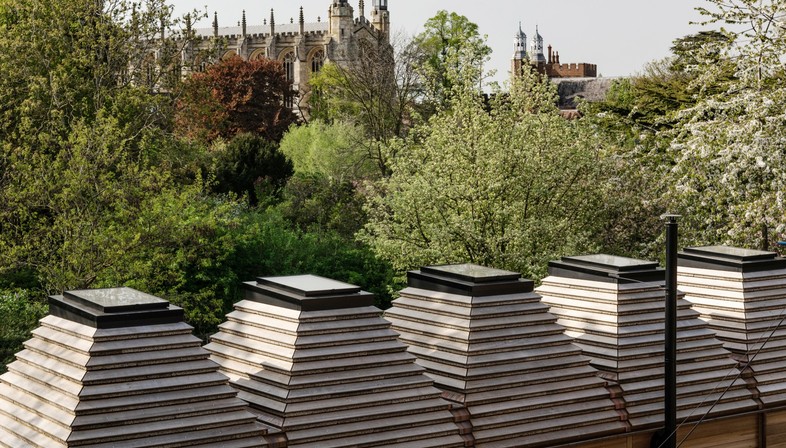
Buildings and construction account for a large percentage of energy-related carbon dioxide emissions and have a significant impact on natural habitats. Numerous British architects recently signed the “Architects Declare”, a common declaration of emergency for the climate and biodiversity. With this declaration, the architects formally committed to create projects in their professional activity that have a more positive impact on the environment around us. The declaration of intents is shared by many internationally renowned firms, including numerous winners of the prestigious Stirling Prize awarded by the Royal Institute of British Architects (RIBA), the highest recognition for a British architect. The first effect of this commitment can be seen precisely in the shortlisted projects of the 2019 edition of the prize, which are important examples of energy efficiency in different areas. Amongst these, a place of honour is certainly reserved to the Cork House designed by architect Matthew Barnett Howland with Dido Milne and Oliver Wilton. The private residence is made of recycled cork blocks and boasts zero emissions and a drastically reduced carbon footprint.
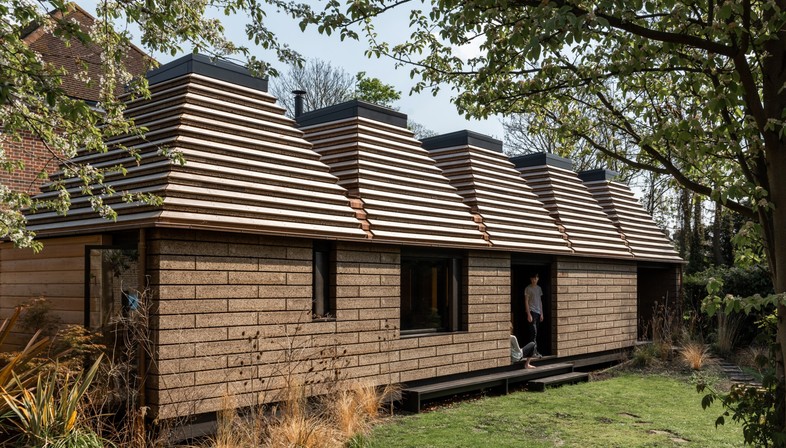
The Cork House designed by architect Matthew Barnett Howland, with Dido Milne and Oliver Wilton, was created with the utmost attention to even the smallest detail. The first of its kind, the project was developed and tested in collaboration with the Bartlett School of Architecture UCL. Other participants in the project were the University of Bath, Amorim UK, Ty-Mawr, and subcontractors Arup and BRE. The house is sited within the area of an old mill dating back to the early 19th century, protected as a listed building of special interest, and therefore it required an approach that was deeply respectful of the surrounding environment in both form and construction. The architects opted for a construction with walls and roof in solid structural cork, using prefabricated cork blocks and engineered timber. These materials all have a non-polluting life cycle because they derive from by-products and waste of cork forestry and the cork stopper industry, and they can in turn be recycled at the end of their lifetime. For the architects, sustainability and integration with nature meant designing the house with the idea that it could be easily disassembled, and consequently it can also be built by hand.
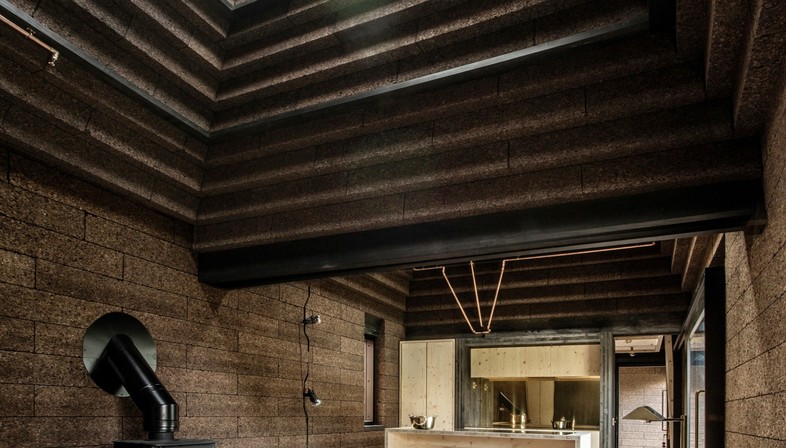
Bio-sustainable materials were also used for the warm interiors that emanate a sense of protection, while the series of large skylights give luminosity and lightness to the space.
Noting how in the Cork House the concepts of “form, function and footprint” are taken into consideration and given equal respect, the judges of the RIBA Stirling Prize defined the project as “a noble, momentous model to aspire to” and one that “inspires those that are lucky enough to visit.”
(Agnese Bifulco)
Images courtesy of RIBA photo by: © Alex de Rijke, © Magnus Dennis, © David Grandorge, © Ricky Jones
Project: Cork House
Architect practice: Matthew Barnett Howland with Dido Milne and Oliver Wilton
Client: Matthew Barnett Howland and Dido Milne
Internal area: 44 m²
Contractor: Matthew Barnett Howland (assisted by M&P London Contractors Ltd)
Executive Architects: MPH Architects
Structural Engineer: Arup
Fire Engineer : Arup
Whole Life Carbon Assessment Sturgis Carbon Profiling LLP
Cork Fabrication Research: B-Made at The Bartlett UCL
Cork CNC Machining Wup Doodle
Awards: RIBA South Award 2019, RIBA South Sustainability Award 2019 and RIBA National Award 2019
Date of completion: January 2019










